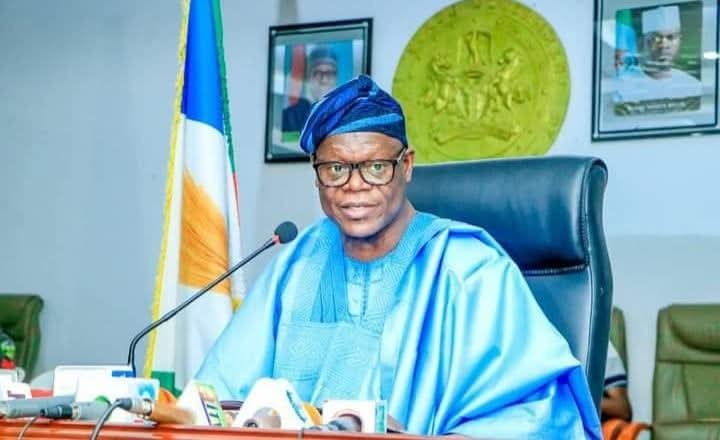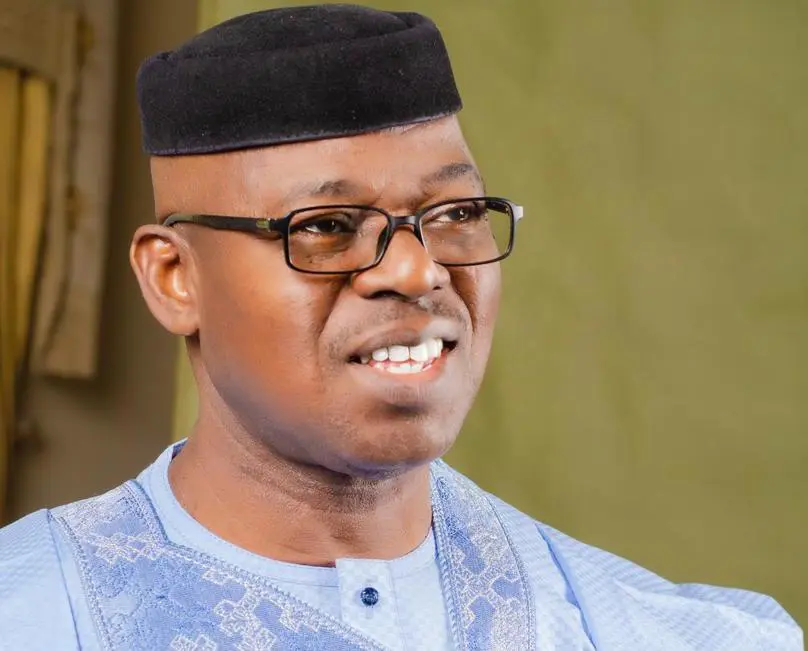A recent statement by former President Olusegun Obasanjo denying allegations of seeking a third term in office has been disputed by Orji Kalu, the lawmaker representing Abia North Senatorial District. According to Kalu, Obasanjo’s claim that he never wanted a third term is untrue.
Obasanjo had made the denial during a session at the 2025 Goodluck Jonathan Foundation Annual Democracy Dialogue in Accra, Ghana, where he compared the rumors to his successful effort in securing Nigeria’s debt relief. However, Kalu contradicts this assertion, stating that Obasanjo had indeed informed him of his intention to pursue a third term during a meeting at the Presidential Villa.
Kalu revealed that he had opposed Obasanjo’s third term ambition, which led to a rift between them. He also claimed that with the help of former US President Bush, they were able to prevent Obasanjo from extending his tenure beyond the constitutional limit of two terms, which spanned from 1999 to 2007.
The controversy surrounding Obasanjo’s alleged third term bid has been a long-standing issue, with the former President consistently denying any involvement. However, Kalu’s statement has reignited the debate, with some questioning the accuracy of Obasanjo’s account. The dispute highlights the complexities of Nigerian politics and the ongoing discussions about the country’s political history.
The denial by Obasanjo and the counterclaim by Kalu have significant implications for the understanding of Nigeria’s political past and the actions of its key leaders. As the country continues to navigate its democratic journey, the truth about Obasanjo’s intentions during his presidency remains a topic of interest and debate. The disagreement between the two prominent figures serves as a reminder of the complexities and challenges that have shaped Nigeria’s political landscape.



